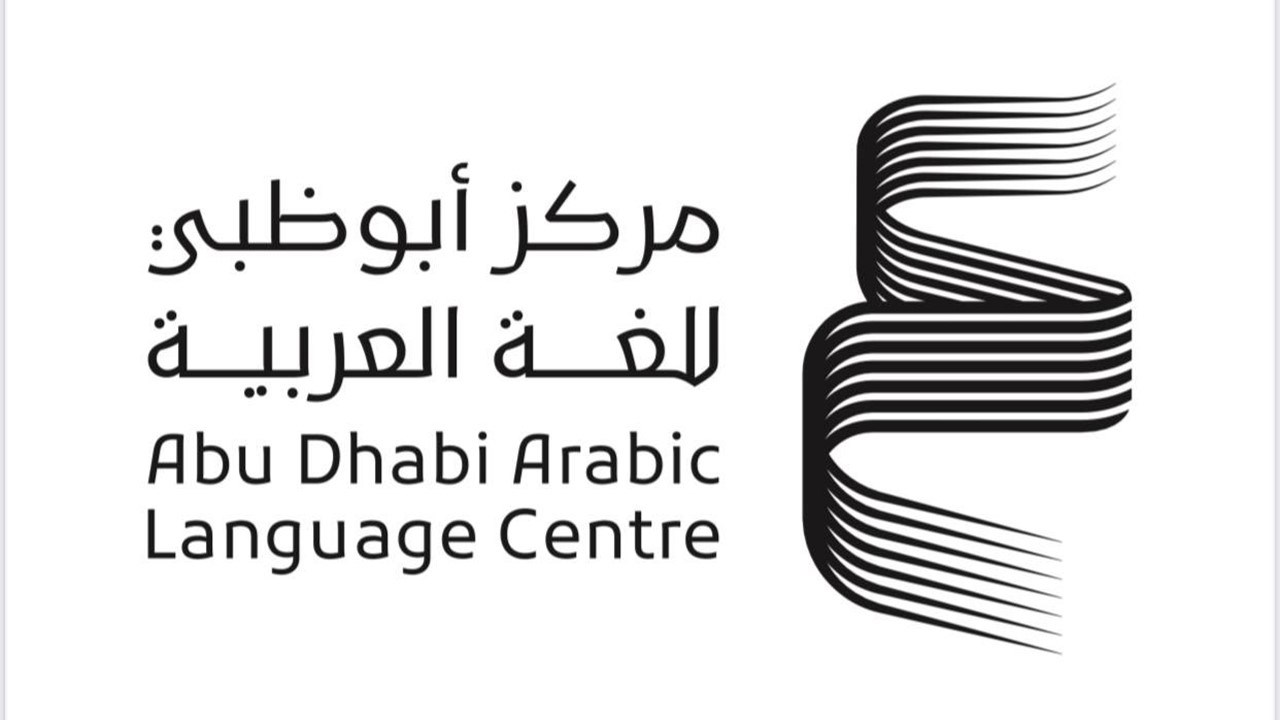Abu Dhabi Arabic Language Centre announced insights from its periodic study on the perceptions and use of Arabic language in the Emirate
The Abu Dhabi Arabic Language Centre (ALC), part of the Department of Culture and Tourism - Abu Dhabi (DCT Abu Dhabi), announced the results of a study to assess perceptions of Arabic language in the fields of knowledge, culture, and creativity, and the levels of language use in conventional and digital media for native and non-native speakers, as part of the Centre’s integrated research program aiming to assess and track the status of the Arabic language across the Emirate of Abu Dhabi.
The study findings are based on the overall quarterly results of the research conducted over the past 12 months, from mid-2021 to the end of June 2022, with 6,087 participants from Abu Dhabi general population aged 18 years old and above. The initiative supports the ALC’s vision to ensure the Arabic language’s leadership in the fields of knowledge, culture, and creativity, as well as its mission to drive the language’s development and modernisation, and supporting authorship, translation, and publishing.
The study findings have been analysed to arrive at a number of indicators, mainly including the Perception Index of Arabic language as a language of knowledge, culture, and creativity, where the knowledge pillar includes attributes related to learning the language and the extent of its use in research and science; the creativity pillar describes the language connection to cultural heritage; and creativity pillar relates to the language aesthetic elements and the extent of its use in creative content. The index is calculated based on respondents rating their perception of Arabic Language based on attributes relating to the pillars of knowledge, culture and creativity. Collected data was analysed to identify correlation of each attribute to its respective pillar; scores were aggregated to arrive at the index value per pillar and at an overall level. Accordingly, the index results indicate that Arabic language is advantageous compared to English in the cultural and creative domains, while English is relatively ahead in terms of knowledge.
Commenting on the outcome, HE Dr. Ali bin Tamim, Chairman of the Abu Dhabi Arabic Language Centre, said: "When comparing perception of Arabic and English at an overall level among Abu Dhabi population, it is evident that both languages are almost at par, due to the inclusive demographic composition of Abu Dhabi, and the frequent use of both languages within the emirate community. Therefore, it is only natural for the two languages to have a similar general perception," adding, “the differences lie in the composition of the index, though, and carry a far deeper value when examined at the individual levels of culture, creativity, and knowledge. In that regard, Arabic came out on top in the culture and creativity indexes, while English had a relative advantage in the knowledge index.”
The Centre’s research also measured the understanding and use of simple Arabic language by non-Arabic speakers in Abu Dhabi, which stood at 26.7% over the examined period.
In this respect, HE Dr. Ali bin Tamim commented: "These results represent an important base that will allow us to launch our strategic programs for non-Arabic speakers, namely "We Speak Arabic" program, which was launched at the beginning of this year with the aim of promote easy to learn Arabic vocabulary to non-Arabic speakers of all ages through digital content. An increase of 3.4 decimal points has been recorded on the index score since the launch of the program at the beginning of the year, with 64% of non-Arabic speakers residing in Abu Dhabi expressing a desire to learn Arabic.”
Within this scope, the Abu Dhabi Arabic Language Centre pays special attention to promoting the Arabic language and supporting its use locally and internationally as a language of science, culture, and creativity, by supporting Arabic content creation, spearheading the adoption of digital technology, and encouraging scientific studies on ways to further develop the language. To that end, the Centre introduced a number of strategic programs, including the “Kalima” project for translation, which aims to reinvigorate the translation movement, which provides Arabic readers with treasures from world literature and enriches Arab libraries across all knowledge sectors.
The Centre also launched the first-of-its-kind grants program for research in the field of Arabic language, with the aim of advancing scientific research efforts and support the study of Arabic heritage. In addition, the Centre launched an Arabic peer-reviewed journal entitled “Al Markaz: The Journal of Arab Studies”, in partnership with Brill Publishing House.













